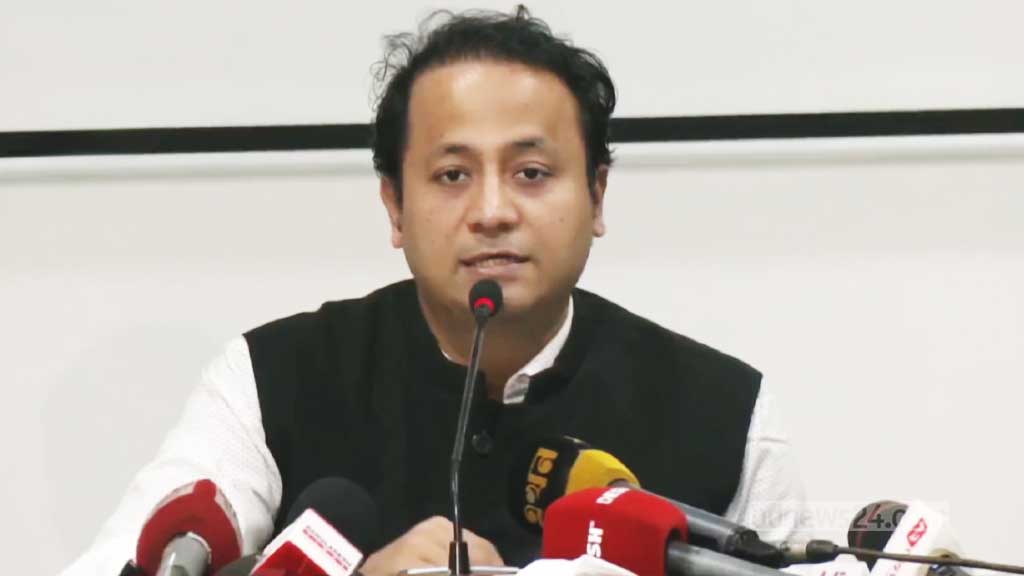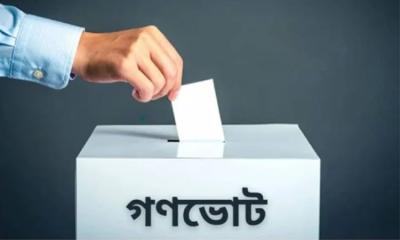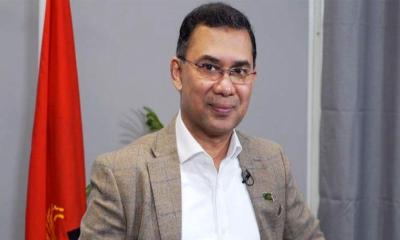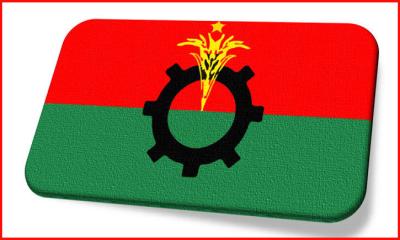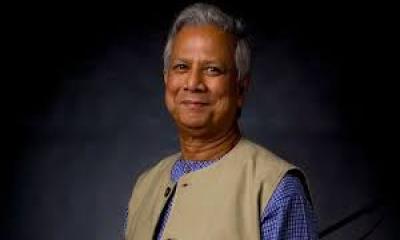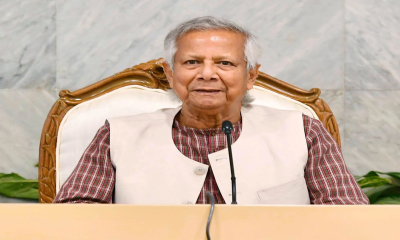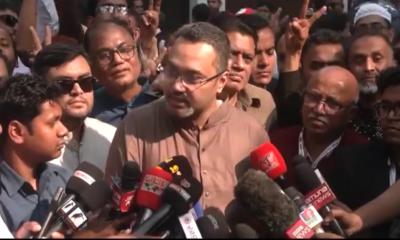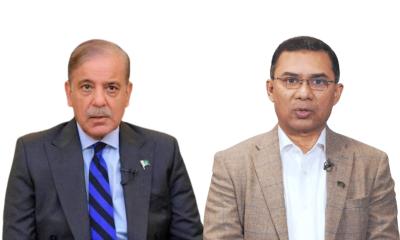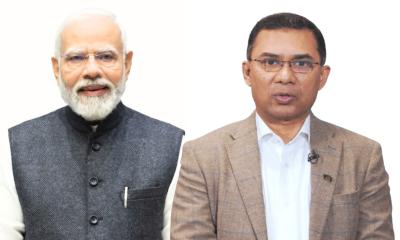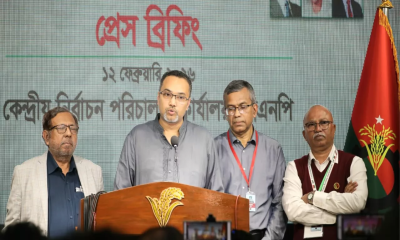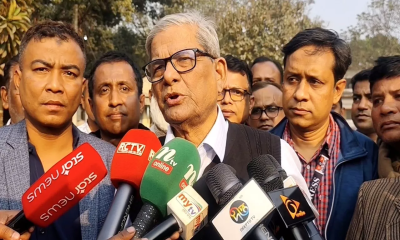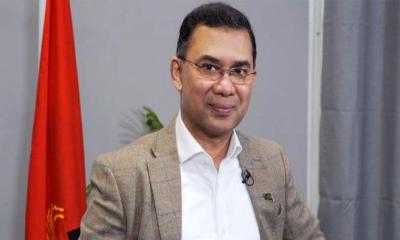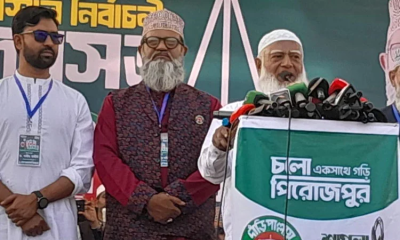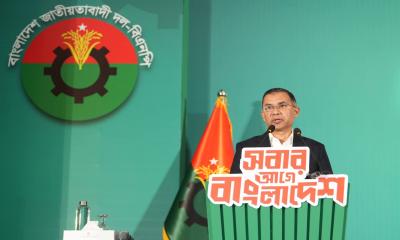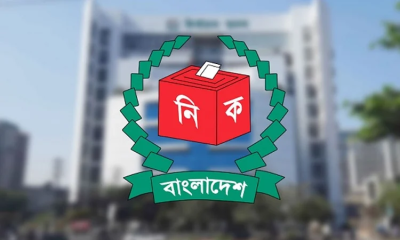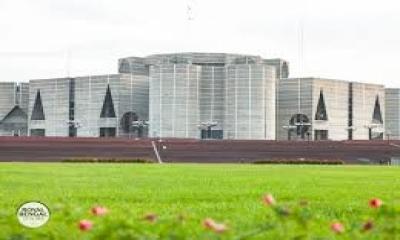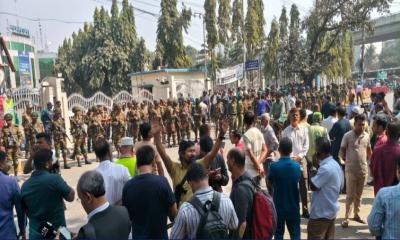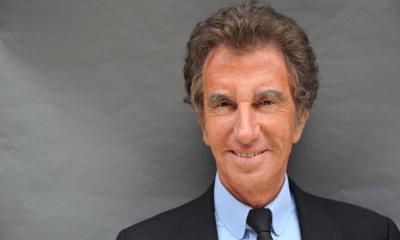Bangladesh’s future hangs in the balance, with growing concerns over Islamic extremism and the leadership of the interim government led by Dr. Mohammad Yunus.
In an exclusive interview with The Hindu, Mohibul Hasan Chowdhury Nowfel, the former Education Minister, shared his worries about the country`s direction and the role of global powers in shaping its future.
Chowdhury, who had been deeply involved in handling negotiations during the 2024 uprising, believes that the future of the interim government in Bangladesh depends largely on how the incoming U.S. administration under Donald Trump deals with the situation.
With Trump set to take office on January 20, Chowdhury cautioned that the security situation in Bangladesh cannot be viewed in isolation, especially when looking at conflicts in places like West Asia.
He warned,
"Bangladesh must not become a new home for Islamic extremists, as we have seen in Syria and Iraq over the last decade."
Chowdhury specifically mentioned the growing influence of extremist groups like Hizbut Tahrir and Jamaat-e-Islami Bangladesh.
He pointed out that on January 11, Hizbut Tahrir openly called for the establishment of an Islamic state in Bangladesh.
"These groups are capable of affecting not only the region but also the wider international system," he added.
The political situation in Bangladesh took a dramatic turn in July 2024, when a student-led uprising against Prime Minister Sheikh Hasina’s government gained momentum.
Chowdhury, who was tasked with negotiating with student leaders of the Anti-Discrimination Student Movement, described the rapid escalation of protests that eventually led to calls for Hasina’s resignation.
The interview revealed that Hasina had planned to hand over power to the Parliament Speaker Shirin Sharmin Chowdhury in early August 2024.
However, Chowdhury recalled how the government feared that a sudden resignation would cause chaos and instability.
As a result, the military imposed a lockdown to manage the situation and prevent further unrest.
In the interview, Chowdhury was critical of the interim government led by Dr. Yunus, accusing him of failing to restore peace and protect the country’s minorities and secular population from the growing threat of extremist violence.
"His complete inability to bring stability and protect the secular population from the purge, persecution, and genocidal actions of ultra-Islamists and terrorists has exposed him," he said, adding that Yunus`s leadership lacked legitimacy in the eyes of the liberal West.
Chowdhury also expressed strong opposition to the interim government`s push for constitutional reforms.
He argued that Yunus, who had no mandate to make such changes, had no right to alter the country`s ideological foundation of secularism and Bengali nationalism.
“Dr. Yunus has no mandate to decide on the ideological trajectory of Bangladesh,” he stated.
“He has not participated in our independence struggle and despises the core values that Bangladesh was founded on.”
This exclusive interview with The Hindu provides a deeper look into the growing political crisis in Bangladesh and the uncertainties surrounding the leadership of the Yunus-led interim government. With fears of extremism on the rise and major constitutional changes on the table, the future of the country remains uncertain.


